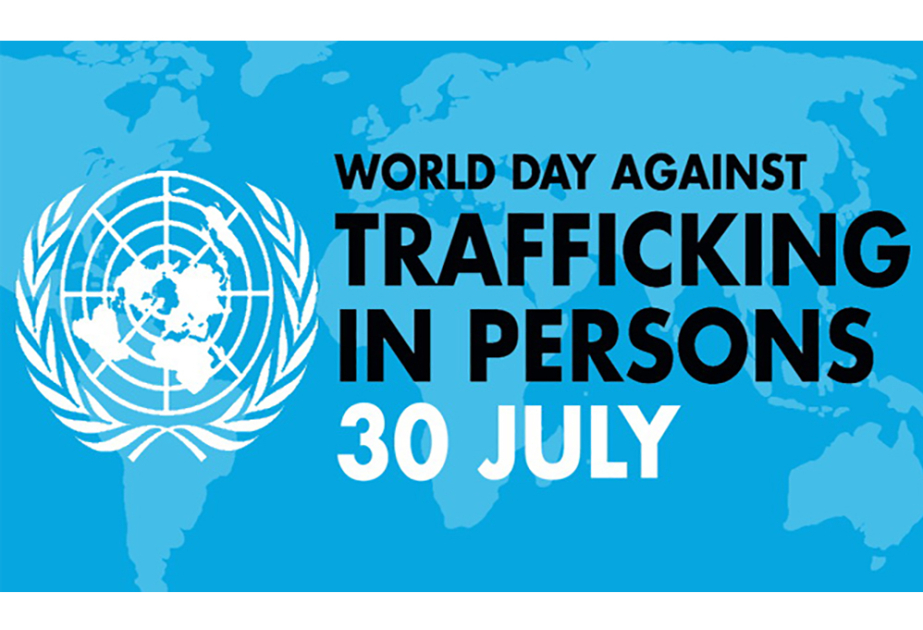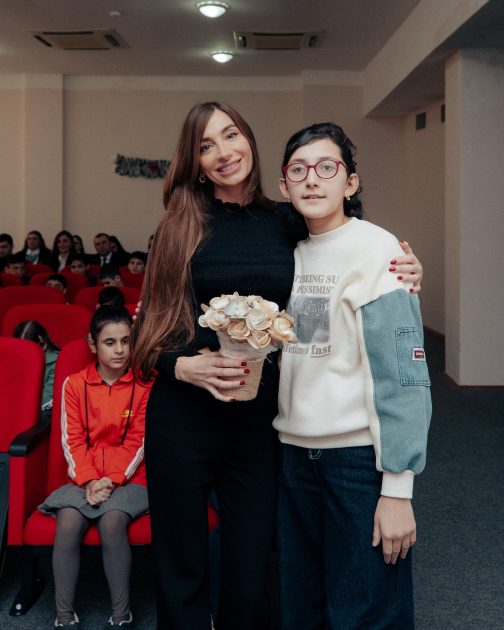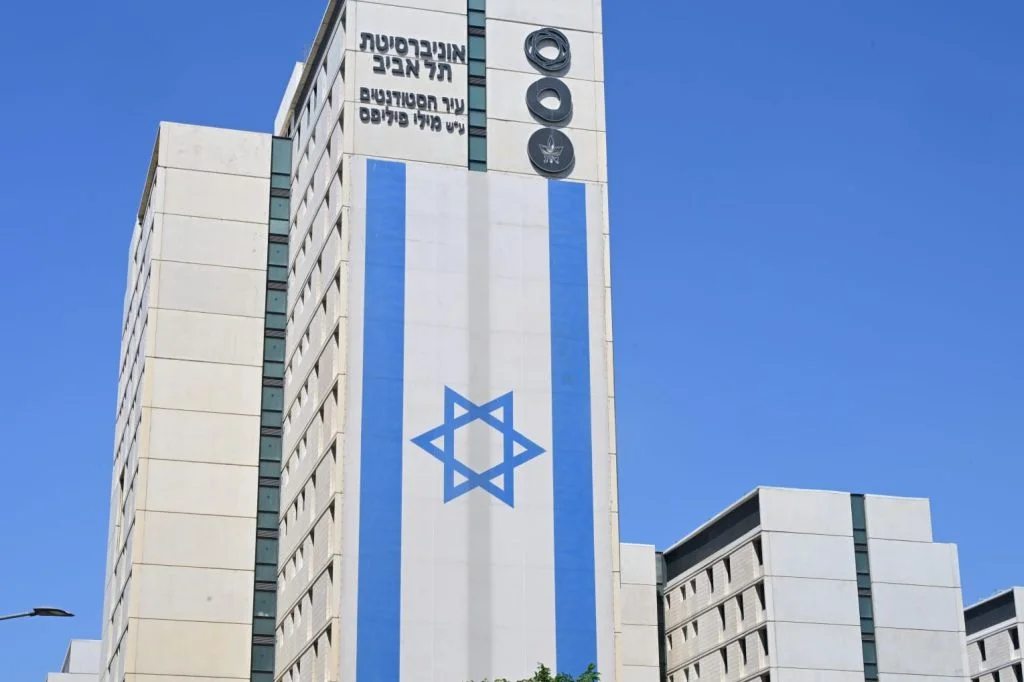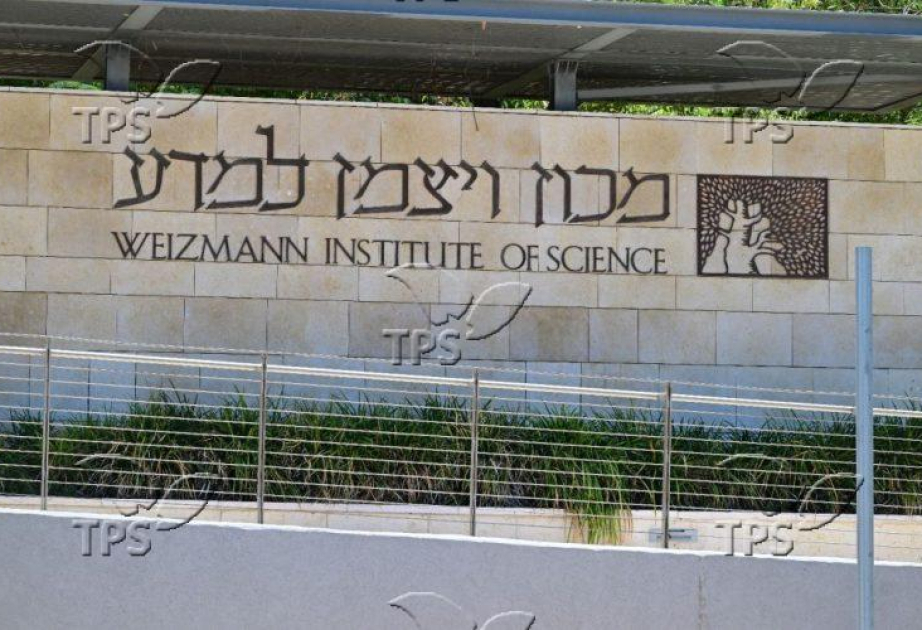The World Day Against Trafficking in Persons is observed annually on July 30.
According to the UN, this year’s theme, "Human Trafficking is Organized Crime – End the Exploitation", highlights a neglected crime: trafficking for forced criminality. IOM’s campaign, “Forced to Commit, Criminalized for Surviving. Let’s End the Exploitation”, calls for protecting, not punishing victims of this abuse.
Across the globe, trafficked persons – often migrants, youth, and children – are coerced into crimes like online scams, drug trafficking, and theft. Instead of being recognized as victims, they are criminalized and denied support.
Trafficking for forced criminality fuels corruption and organized crime. Criminals profit from human suffering, while victims face punishment and stigma.
To dismantle these networks, responses must focus on victim identification and survivor-centered justice. Governments, civil society, and international actors must ensure strong referral systems, reintegration support, and uphold the non-punishment principle.
IOM and partners are committed to saving lives and ensuring survivors are protected, heard, and supported, not silenced.
Human trafficking continues to be a global threat driven by organized crime. More and more victims are being trafficked every year, across greater distances, with greater violence, for longer periods of time and for greater profit. From 2020 to 2023, there were more than 200,000 detected victims globally, which is just the tip of the iceberg. The actual number of unreported cases is believed to be significantly higher.
Organized criminal networks are driving this victimization and exploitation, using migration flows, global supply chains, legal and economic loopholes and digital platforms to facilitate cross-border trafficking at a massive scale. They profit from forced labour, sexual exploitation and coercion into criminal activities, such as online scams and drug smuggling.
Despite some progress, criminal justice responses fall short in tackling this rapidly evolving crime. To end human trafficking, law enforcement must enforce strict laws, conduct proactive investigations, strengthen cross-border cooperation, target criminal finances, and leverage technology to identify and dismantle trafficking networks.
Ensuring justice for survivors requires holding perpetrators accountable and providing a victim-centred approach to protection, support and access to justice.
This year’s campaign highlights the vital role of law enforcement and the criminal justice system in dismantling organized trafficking networks while ensuring a victim-centred approach.
“We particularly encourage law enforcement agencies, including police departments, border security, international agencies, and specialized task forces, to take an active role by utilizing online platforms and conducting in-person outreach at high-traffic areas such as transportation hubs. This way we can reach a wide audience, raise public awareness and promote reporting channels for suspected trafficking cases. Your active involvement bridges the gap between the campaign’s global reach and local realities, ensuring it effectively connects with those impacted by human trafficking.”













